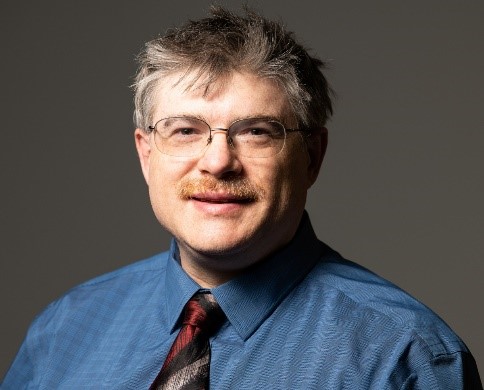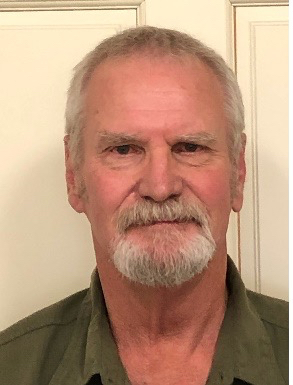RemPlex: Chlorinated Solvent Remediation at the Petro-Processors Superfund Site in Louisiana

11:30 a.m. to 1:00 p.m. (PDT), Tuesday, October 25, 2022

Remediation is underway at the Petro-Processors, Inc., Superfund site north of Baton Rouge, Louisiana. Past practices at the site involved the disposal of liquid wastes that were a mixture of hydrocarbons and chlorinated organics. Over time, multiple lines of evidence (modeling, microbial characterization, pilot-scale testing) have driven groundwater remedy decision-making and regulatory approval.
This seminar will present information on remediation activities at two operable units with a focus on the characterization, remedy evaluation, microbial activity identification, and implementation of permeable reactive barriers for in situ bioremediation to provide enhanced attenuation at one of the operable units.
The presentation will be followed by a panel discussion to explore the use of molecular biology tools in remediation and the challenges of implementing enhanced attenuation remedies in the field.
"Chlorinated Solvent Remediation at the Petro-Processors Superfund Site in Louisiana" is from 11:30 a.m. to 1 p.m. PDT, Tuesday, October 25. Registration is free, click on ZoomGov to sign up in advance or join the event. The session is free and open to the public as part of the Center for the Remediation of Complex Sites (RemPlex) seminar series.
 |
Christian Johnson, Senior Development Engineer, Pacific Northwest National Laboratory / Battelle Pacific Northwest Division Mr. Christian Johnson, a chemical engineer by training, has been involved with environmental restoration and remediation technology research and development at PNNL since 1992. He has designed and implemented multiple ex situ and in situ bioremediation (ISB) systems for treatment of hydrocarbons and chlorinated solvents, is an author of the RT3D reactive transport code, is an author of guidance for performance and end state evaluation of pump-and-treat and soil vapor extraction, and has developed remediation decision support software such as SVEET and SOCRATES for the Department of Energy, the Department of Defense, and the Environmental Protection Agency. |
 |
Peter Lee, M.S., P.G., P.H., Principal Geologist, EcoScience Resource Group, LLC Mr. Peter Lee is a Certified Professional Hydrologist, Registered Professional Geologist, and Water Well Contractor with 34 years of environmental and geological technical experience. He has extensive experience in dense non-aqueous phase liquid and chlorinated hydrocarbon investigations and remediation and in management of CERCLA and RCRA projects. He has been associated with the PPI site since 1991, and is a founding member of EcoScience Resource Group. |
 |
William M. Moe, Professor, Louisiana State University Dr. William Moe is a professor in the Department of Civil and Environmental Engineering and holder of the Marvin Rex Clemmons Professorship in the College of Engineering at LSU, where he has been on the faculty since 1999. He is a licensed professional engineer and has more than 25 years of experience in the area of biological waste treatment. Dr. Moe has authored more than 60 journal papers and book chapters in the areas of biotransformation and fate of environmental contaminants, environmental microbiology, bioremediation, wastewater treatment, and application of molecular techniques for studying microbial communities. |